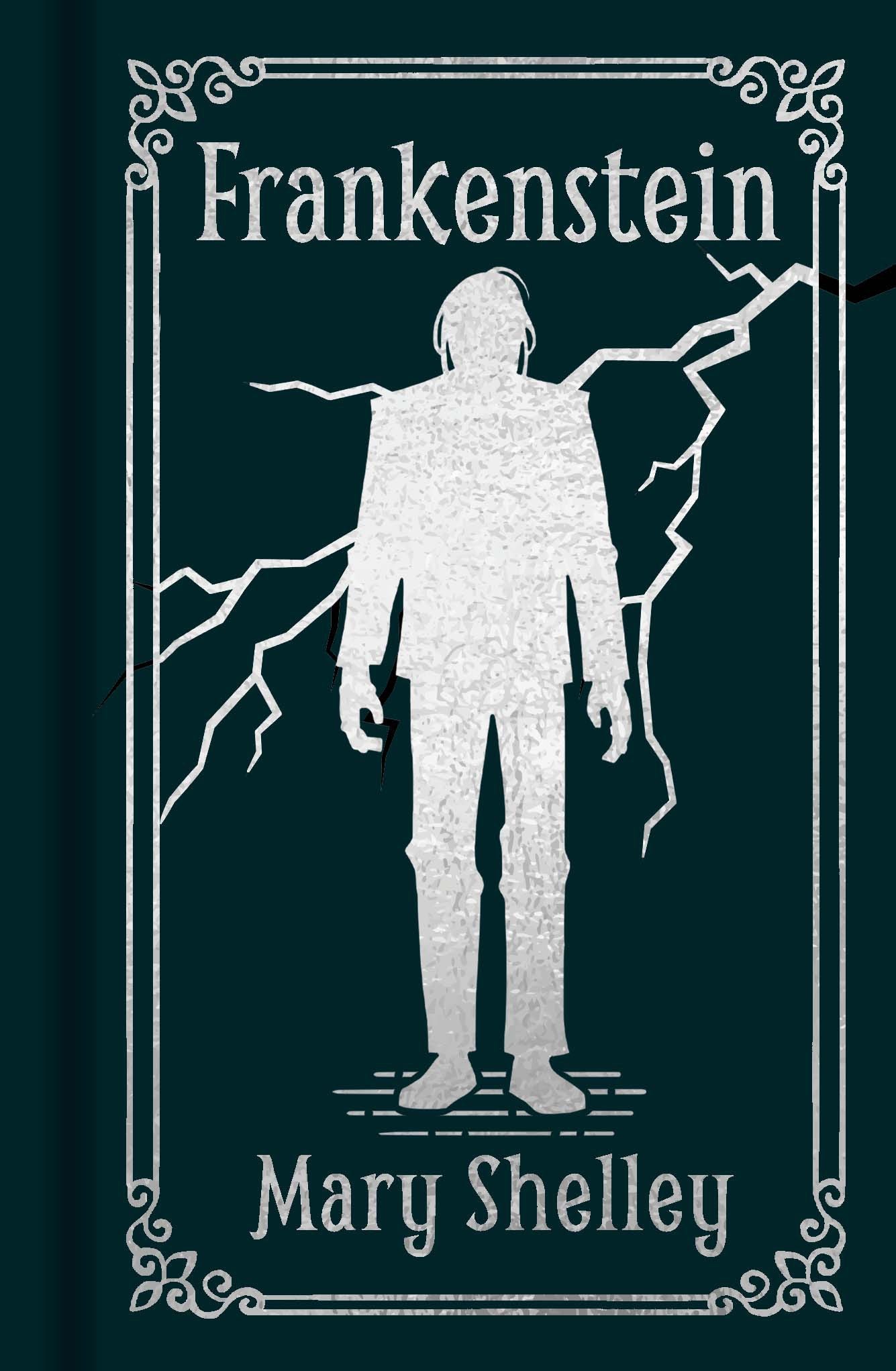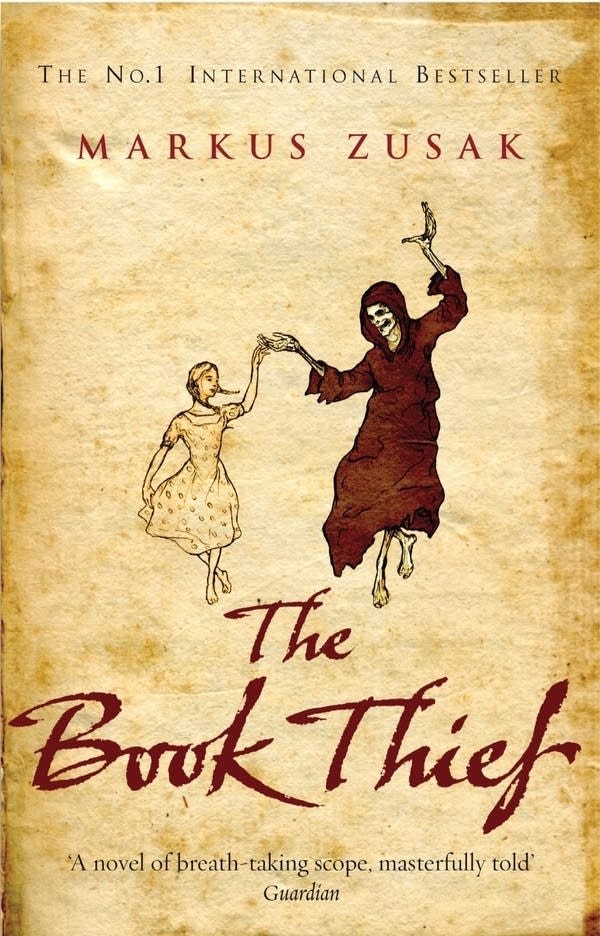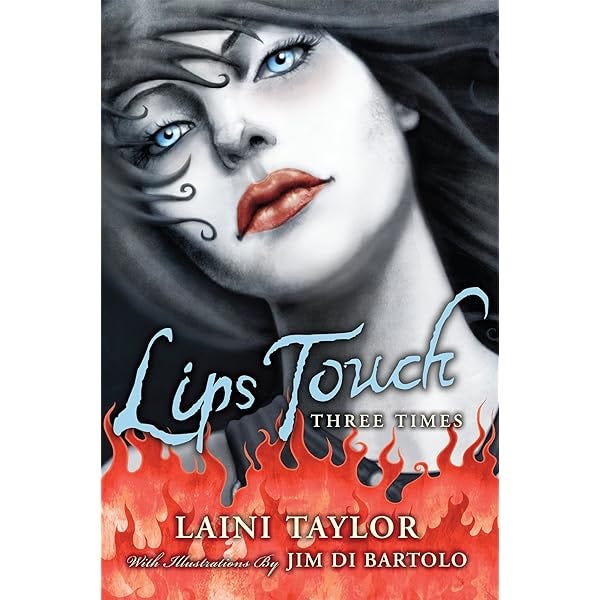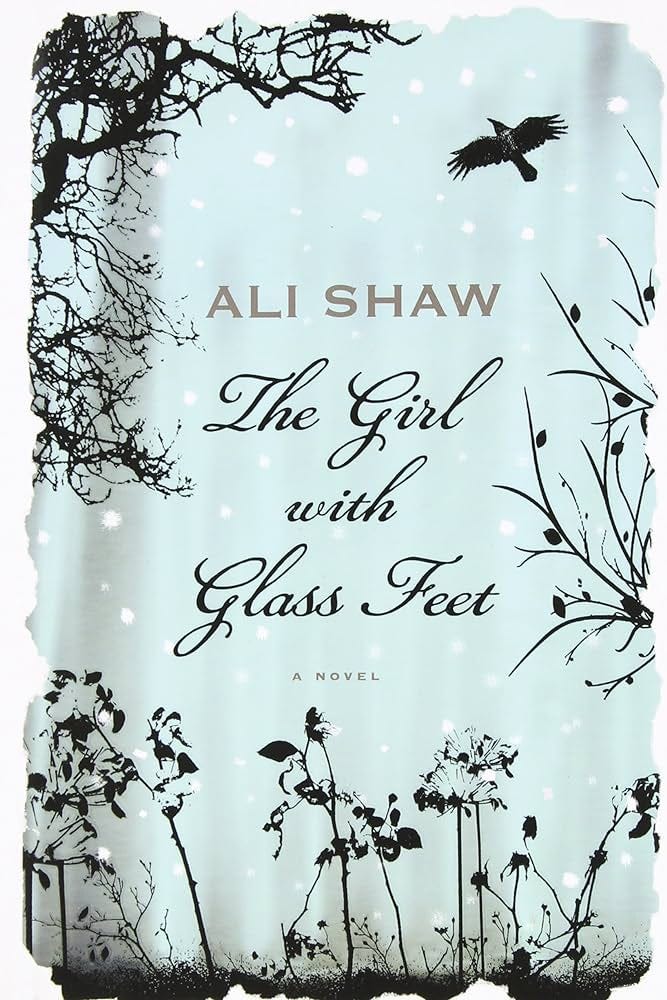Take 5: The Books That Made Me Want to Be a Writer
What books made me really, truly want to pick up a pen in the first place?

Why are you a writer?
If you’re involved with the insanity that is writing, then chances are that someone has asked you this question in some form. Maybe it came as Why are you a writer?—and you perhaps scratched your head (internally or otherwise) at the thought. Have you ever pondered it before? What made you decide to do the one thing that common sense would tell you is a fruitless pursuit since, chances are, it will not pay your bills at the end of the day?
My answer starts with books.
Oh, I read popular books. Things like Harry Potter by J.K. Rowling and Twilight by Stephenie Meyer colored my history as a reader. (Spoiler alert: reading Twilight was what made me want to write a novel in the first place all the way back when I first read it back in October 2006.) I loved the way stories made me feel. In them, I found pieces of myself—and I marveled at the authors’ abilities to make worlds and characters come alive in my mind.
The truest magic is being a writer. Don’t let anyone tell you differently.
But, really: what novels made me think above all else that goddammit, I want to do this too?
Let’s go through the history of my reading for a little bit.
#1—Ella Enchanted by Gail Carson Levine
Ella Enchanted and I have a long relationship together. In the fifth grade, I was on a field trip to a museum, and we had time to browse the museum gift shop. Two of my friends were being little snots to me, so I sulked by the gift shop’s bookcase. And there on the shelf was a paperback depicting this girl with a small smile on her face. I was intrigued.
If you’ve never read the book (and please, for God’s sake, don’t watch the film starring Anne Hathaway), then Ella Enchanted is a middle-grade Cinderella retelling where our Cinderella—a girl named Ella—is cursed to obey every command thrown her way. This curse trips her up and sometimes makes life downright miserable. But she lives in a land of fairies, ogres, centaurs, and other amazing things. Was it thrilling to my young mind?
Why, yes. I took that book home and devoured it that night. I was finished with it before I went to bed, and I just clutched it to my chest afterwards because it was so wonderful.
Everything I’ve written since reading this book all those years ago? I’ve been chasing the hope that someday I’ll make someone feel that way about something I’ve written.
Lofty? Perhaps.
But I still gladly pursue the ideal.
#2—Frankenstein by Mary Shelley
Frankenstein and I have an interesting relationship. We didn’t start as friends or even acquaintances. No, we were matched up by—of all things—a teacher. In high school, we had assigned reading we had to do, and my teacher recommended this book to me to try.
At first, I balked. What I knew of Frankenstein was thanks to the gimmicky movie from the black-and-white era of cinema. The electricity, Igor, and the monster with bolts on his neck. Right?
But no. The actual novel isn’t like that at all.
Instead, it’s an examination of the human condition. In deeper terms, it’s a study of what it means to be human through the eyes of something that can never be human—and the man who created that creature.
To say this book haunted me is an understatement. Did you know Frankenstein is considered the first science fiction novel? And written by a woman, no less! I’ve always wondered about that. Mary Shelley was only nineteen when she finished writing Frankenstein thanks to a dare from her other writer friends. The world was granted a gift for sure when those writers got together.
(As an aside: I’ve always wanted to write a fictional look at Mary Shelley. Perhaps a novel about her being so obsessed with the idea of writing Frankenstein that it’s almost like she’s a woman possessed after she has the dream that jumpstarts the process. Her relationship with her husband Percy, a poet, also intrigues me. What kind of partnership did they have? And what was it like for Percy to be married to this woman who was obviously such a quiet force?)
I suppose I’ve aways thought of Mary Shelley that, if she could have the courage to write her truths and questions in novel form, then so could I. I want to write something so powerful one day. There’s a reason Frankenstein is a classic, after all.
Will I ever write a novel to match it? I hope so, I do.
#3—The Book Thief by Markus Zusak
The Book Thief and I met in a used bookstore when I was nineteen years old. I picked up the book because the title intrigued me. Who steals books? Well, the heroine of The Book Thief does. She craves words that much.
But what is most intriguing about this novel is the narrator: it is Death himself. Set against the backdrop of World War II, The Book Thief follows Death—so fascinated by humans that he trails the life of a young girl living in Germany as she does things like learn to read and steal the books she wants to own.
Anyone who knows me as a writer no doubt has recognized that I have a fascination with Death as a personification. That interest probably started with this book—or, at least, my own attempts at chasing Death in my own narratives began with this book. I linger on the idea of the grim reaper so much that he will no doubt welcome me as a friend when it is my time to depart this world.
This book made me realize we should not fear Death, if he is a being of some kind; instead, we should realize he would be as curious about us as we are about him.
It also helped that Markus Zusak is a master when it comes to beautiful prose. I’m always weak for a man who knows how to write pretty sentences that are meaningful.
But The Book Thief made me want to write characters of my own that sang off the page. I wanted to write stories that mattered.
Yes, I know. I sound pretentious, don’t I? Even so, that’s my truth as a writer.
#4—Lips Touch: Three Times by Laini Taylor
Laini Taylor’s Lips Touch: Three Times and I were matched together by a book reviewer I admired on Goodreads all the way back in 2010. I trusted this reviewer’s opinions and saw that she had given this book a glowing review. The next time I was inside Borders (may she rest in peace), I picked up a copy from the young adult section.
And to say I was enamored—well.
If sentences are art, then Laini Taylor is a master craftsmen of them.
Lips Touch: Three Times follows three short stories about goblins (Goblin Fruit), curses (Spicy Little Curses Such as These), and vampiric fey (Hatchling)—all framed by the theme of a kiss being important to the story’s narrative in some way. It’s a romantic collection. It’s a thrilling collection. It’s a horrific collection.
Romance, thrills, and horror. Laini Taylor knows how to do it all wrapped up in such a lovely package. Is it no wonder she has been one of my favorite authors ever since?
Lips Touch: Three Times, more than anything else, made me realize the power of short fiction. I have chased trying to match the stories in this collection every time I attempt my own short fiction. I have failed every single time. But I try and try and try again.
The first short story I ever wrote, about a goblin king who buys a boy at the goblin market (“Such Bitter Bones”—it’s lost on some flash drive, sad to say), was inspired in large part by the stories in this collection. Yes, the vein runs that deep.
I will probably always chase the idea of writing something to make someone feel the same flutters I did while reading Lips Touch: Three Times. Will it be a forever journey? Most likely.
But I will still try nonetheless.
#5—The Girl With Glass Feet by Ali Shaw
If there can be blind dates with books, then The Girl With Glass Feet and I met by happenstance. Another Goodreads find in 2010, I knew I had to have this book when I saw the cover and read the title.
What followed was a wonderful affair with a book that can be best described as a modern-day fairy tale about a young man who falls in love with a girl who is slowly turning into glass.
After I read this book, I think my brain ruminated about it on the back burner quite a bit. Fairy tales began to pepper the things I was writing. I tackled The Swan Maidens, a fairytale-esque tale, to try and capture some of the mood I got while reading The Girl With Glass Feet. Not long after that, I had the idea of my life—the book of my heart, a story I still have yet to write in full despite a decade’s time from its birth having passed and my having written thousands of words for it—which is in fact a deconstruction of fairy tale mythos in the modern day. (Perhaps I’ll write about it here someday—or perhaps you will have to wait until the book is actually completed and/or published.)
All of it is thanks to this book. My love of fairy tales—which, yes, did begin with Disney but it only matured after that (and meeting Angela Carter’s works—but that’s another story)—grew from reading and loving The Girl With Glass Feet.
Isn’t it strange how the books we read can change us so profoundly? I always marvel at it.
What next?
Those are the five books that, yes, made me want to be a writer. They inspired me, they continue to inspire me, and they'll stay with me the rest of my life. Writing is a journey, and the books we read are the ones that push us on to continue this mad pursuit of words, plots, and characters.
Do I look forward to the next decade or more of finding more books to make me want to continue the journey? Of course.
And I hope I’ll still be writing every step of the way too.
Did you enjoy this creative musing of an essay? Then please subscribe to The Cat’s Cradle for more journeying. I can’t promise wisdom, but it’ll be an adventure—probably.






